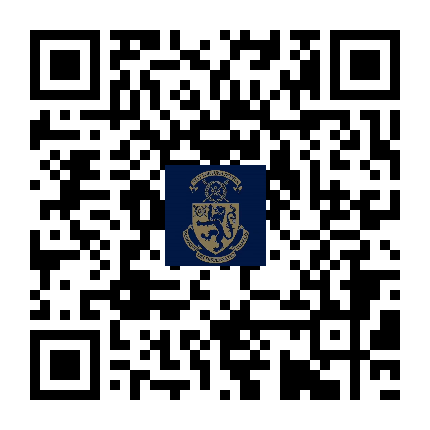Academic Support
English as an Additional Language (EAL)
The English as an Additional Language (EAL) Programme offers Non-native English language pupils, with little or no English, the opportunity to study in a British school and fully integrate into British school life. The programme is designed to allow students to work at their own pace of language development in a safe and supportive environment, where they receive a mixture of both academic and pastoral support. This help enables them to access the curriculum and join mainstream classes once they have sufficient classroom language and have gained confidence. It is a bespoke education, catering to each child’s individual needs.
Aims:
- to teach all aspects of the English language
- to provide subject-specific support in all areas
- to help students learn to work independently in a mainstream classroom
- to support staff to have best practice with EAL learners
- to create a secure and supportive learning environment for international students where they can acclimatise to British school life and develop their English language skills.
Learning Support
Valuing diversity, we understand that each student is unique and has different learning needs. The Learning Support Department at Harrow aim to support, through targeted and bespoke intervention, those students that have mild learning challenges and requires time-limited intervention to address specific gaps in learning to accelerate their progress.
Students requiring learning support may:
- Display difficulties that act as a barrier to their learning and therefore may need particular teaching strategies to help them access the curriculum.
- Display a higher-than-average aptitude in one or more subjects and requires adaptation and extension of the curriculum.
- Have the aptitude to meet all curriculum and assessment requirements but require support to reach their full potential in learning and assessment.
Differentiation is an integral part of our teaching practices. This involves utilizing collaborative and cooperative learning formats using various modes for exploring and presenting knowledge and understanding. However, in those cases where students require instruction beyond regular teaching practices, learning support is provided. The student’s learning needs are considered on an individual basis and, when necessary, learning support is provided by the Learning Support Department.
Effective support for a student with learning needs also relies upon the close and successful collaboration between home and school. Working in partnership with parents facilitates the student to achieve the best possible outcomes.




